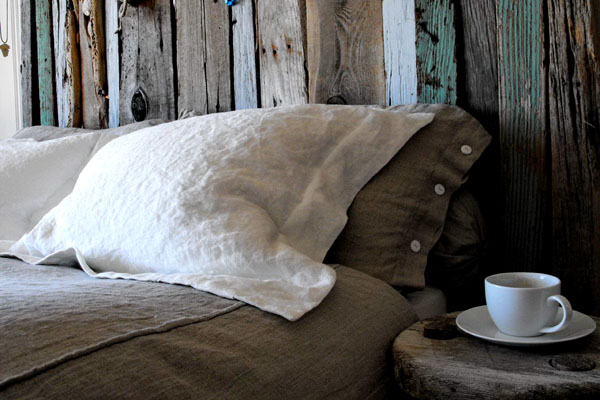Wabi Sabi is an eternally vague and complex subject. This aesthetic, individual and ethereal term derived from two characters shared by Japanese and Chinese. Originally, the term ‘Wabi’ means despondence, and ‘Sabi’ means loneliness or solitude. These are words for feelings, not for physical appearance of objects. The Japanese aesthetic of Wabi-Sabi has been long associated with the Japanese tea ceremony and the many aesthetic decisions made in the design and selection of materials for the tea ceremony – ranging from tea utensils, to flower arrangements, to the mood and spatial qualities of tea huts and the gardens that contain them. The essence of Wabi-Sabi is that true beauty, whether it comes from an object, architecture or visual art, doesn’t reveal itself until the winds of time have had their say. True wabi sabi cannot be acquired…it is a gift of time!
Wabi-Sabi philosophy gives us the tools to explore the simple life as a thing of beauty contrary to the glittering clutter often thrown at us in every aspect of our lives. It shows us the true meaning of a happy life, and how simple it can be once we decide to cut out all of the excess stuff society tends to throw in our view. One of the spiritual values of Wabi-Sabi itself is: Beauty can be coaxed out of ugliness. Nothing is or can be perfect. Everything is in a stage of becoming. Even a stone is eroded by wind and water. When it is finished, it is destroyed, but it has also become another substance: Dust.
Wabi Sabi is not just an artistic idea or a style defined by superficial appearance , but a whole lifestyle…a quiet and sensitive state of mind.. As with many spiritual concepts. Living a Wabi-Sabi life means accepting your faults as well as your strengths, accepting that you will never be perfect. Anything perfect is dead or has taken on another form and will continue to do so in natural cycles.
Wabi Sabi has always inspired me since my first discovery of its charming, serene-based reflective principles. As a Interior designer, Wabi-Sabi is the antithesis of what I was supposed to pursue every day…..Perfection! However, perfection is a relative term and you can find beauty everywhere. I think there is no way to translate Wabi-Sabi culture, it’s all about the right intuitive thinking which is rather an abstract. You have to be open minded to understand and feel Wabi-Sabi. As far as home décor is concerned, Wabi-Sabi isn’t a “Look” and there’s no list of rules. Creating a Wabi-Sabi home is the direct result of a Wabi mind and heart which is the spiritual essence of tranquility, simplicity, and humble freedom. Wabi-Sabi teach us how to embrace to the imperfection, accepting the natural cycle of growth, decay and death! “Love while you can, nothing last forever” – Benjamin Button
















